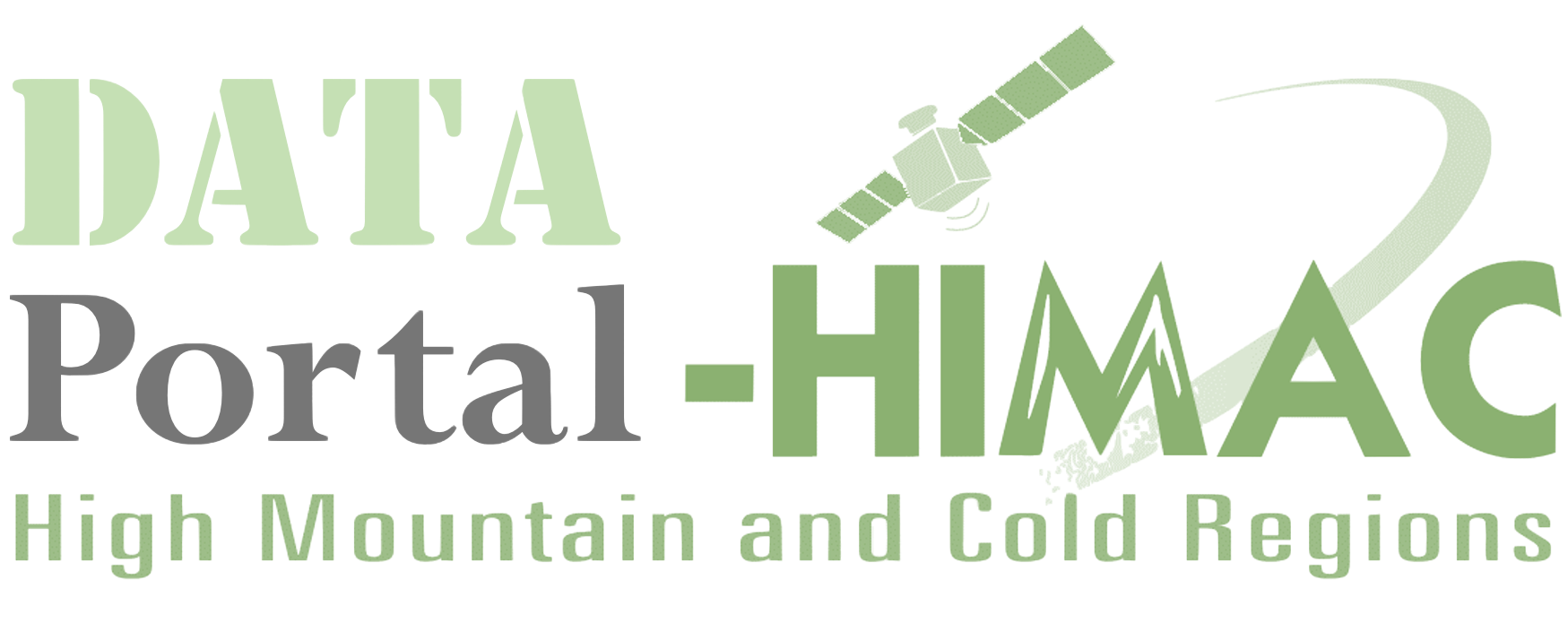SmartSMEAR
Data and Resources
-
SmartSMEAR
SmartSMEAR is a data visualization and download tool for the database of...
Additional Info
| Field | Value |
|---|---|
| Source | https://smear.avaa.csc.fi/ |
| Last Updated | April 12, 2022, 07:05 (UTC) |
| Created | April 6, 2022, 02:04 (UTC) |
| Country | Finland |
| Data Management | "A Data Management Plan (DMP) should describe how data is managed during as well as after the active phase of the research project. The plan should be updated as the research project evolves. The DMP is part of a research plan. To avoid overlap between the DMP and the research plan, you can refer from one document to the other. Introduce data analysis and other methods in your research plan. In the DMP data is understood as a broad term including: data collected by various methods (such as surveys, interviews, measurements, imaging techniques etc.),; data produced during the research (such as analysis results),; research sources (such as archive material), and; notes and field notes, and source code and software. You can use DMPTuuli, an online tool, to create your data management plan. The list and content below works as a basic guideline to University of Helsinki guidance for data management plan. Open DMPs from UH researchers can be found from Zenodo." |
| Data Policy | "The University of Helsinki is strongly committed to the principles and practices of open science The University of Helsinki teaches, and adheres to, good data management practice. Each member of the University community is responsible for adherence to good data management practice. Each member of the University community must follow research ethics guidelines in the management and provision of access to research data and datasets, and must ensure information security and the protection of data, including confidential data, in accordance with legislation, good scientific practice and the University’s guidelines and regulations. The University of Helsinki includes research data skills in the orientation of researchers and takes such skills into account when considering academic qualifications and merits. Faculties, departments and principal investigators are responsible for the orientation of students and research staff in good data management practice. The University of Helsinki offers training and support for drawing up data management plans and for data management throughout the research lifecycle. Training is offered to both students and staff. The University of Helsinki provides researchers and research groups with research data infrastructures, including tools and services that support the management, use, findability and sharing of data as well as storage, computation and processing capacity. Data infrastructures are built and developed together with Finnish and international parties, taking their services and infrastructures into account. The University of Helsinki offers support for identifying and resolving legal issues involved in research data. Principal investigators are responsible for the prompt conclusion of agreements on the ownership and access rights for data generated through research; where applicable, such agreements should be concluded before the beginning of research projects. Data management plans, to be enclosed with funding applications, must consider the collection, processing, ownership and access rights, (long-term) storage, re-use, publication and planned destruction of data and datasets, and must particularly consider the required resources. Research metadata must mention the owner of the research data as well as any legal restrictions on their use. The processing and storage of personal data and other sensitive material must be taken into account in data management plans. Research data produced at the University of Helsinki and linked to published research results are, as a rule, open and available for shared use. The findability and citability of data must be ensured. When research data are used, it is good practice to cite their authors and mention the University of Helsinki as the source. Compensation can be charged for datasets refined for commercial and public parties. Research data policies concern digital research datasets, or research data, produced, used and edited in research projects. Such policies do not apply to physical datasets (e.g., hardcopy sources) on which the research data are based or to the use of biological research material. The preservation of documents and datasets created during research is guided by the University’s instructions for storing documents, i.e., the archiving plan (2013, link to the Flamma intranet, access requires login) and on the criteria for the preservation of research data, drawn up through inter-university cooperation (Tutkimustoiminta. Asiakirjat, aineistot, dokumentointi. Helsinki 1997). The use of biological material in research is subject to separate legislation as well as permit practices. The University’s research data policy was approved in 2015." |
| Data Sharing Principle | "The University of Helsinki is strongly committed to the principles and practices of open science. The University’s own guidelines, according to which research publications and research data produced at the University are, as a rule, made openly available, apply to all members of the University community. In addition, the University is committed to following various Finnish and international principles of open science." |
| Database Level | Research Institutional |
| FIAR | No |
| Host Institute | Värriö Subarctic Research Station |
| Opening Degree | Open |
| Organizer | University of Helsinki |
| Region | Arctic |
| Source of Data Policy | Derived |
| Theme | Ecology |
